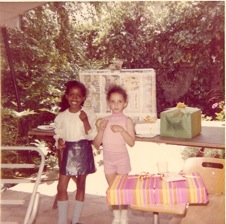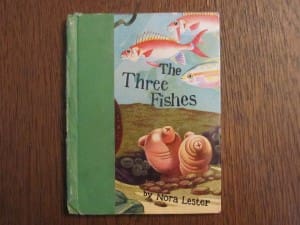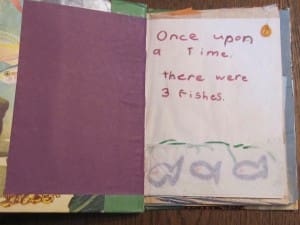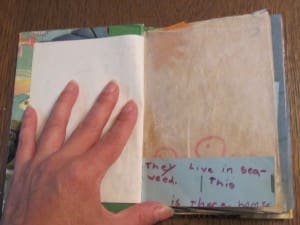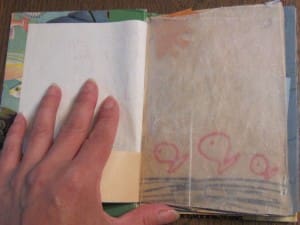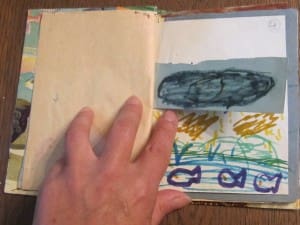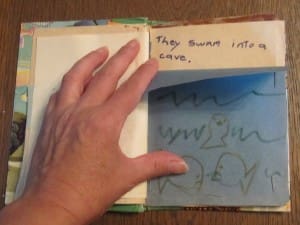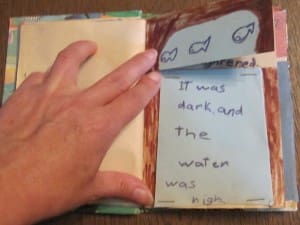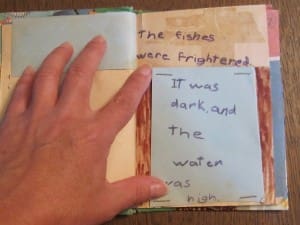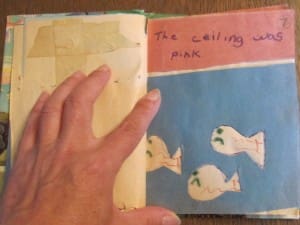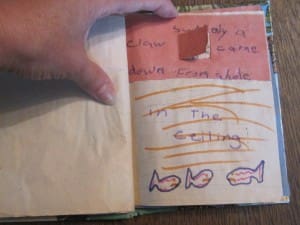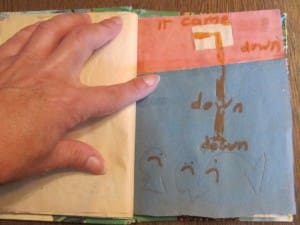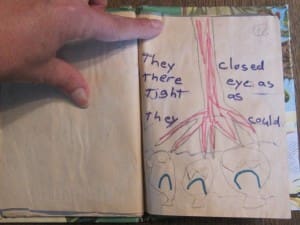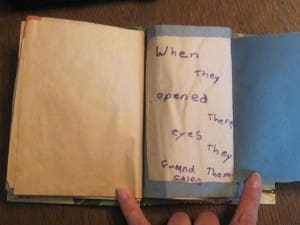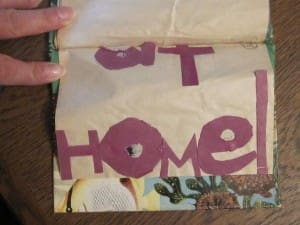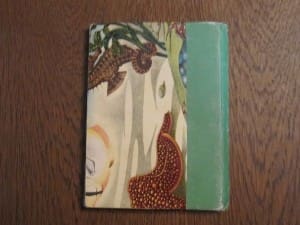PALESTINIANS ON THE BEACH? WHY NOT EVERY DAY?!
As I write this, sitting in Southern California, I can hear the waves crashing just a few feet away. Whenever I seek renewal of the spirit, refreshment of the soul, I am drawn to the sea where all can be washed clean. Any burdens I carry can be cast onto the waves that reliably ebb away, pulling my hurts and guilts and sorrows with them. As stifling as life is under occupation, I have to wonder if even a tsunami would be strong enough to wash away that pain.
Of course, it would have to be a tsunami; Palestinians are, by and large, prohibited from going to the beach so the ocean would have to come to them.
For this reason, I was stunned to read an article that said in August, for the first time ever, 130,000 Palestinians were granted permits to visit the beach for Eid al-Fitr. When I first read Gideon Levy’s story, my eyes filled with tears. Mr. Levy’s account is written with such loving, exacting detail that we are left feeling as though we saw this phenomenal scene with our own eyes. I had to read it a second; even a third time to be sure I hadn’t missed the punch line where he tells the reader that he woke to find that it had all been a dream.
It’s not rare, at least for me, to experience quite the opposite reaction when I read news stories about the occupation. Often I’m moved more to nausea than to tears. This story was different not only because it described an unexpected visit to the sea but even more because of the great joy that this sight brought the writer. I love his exuberant response; I love that he demands to know why it can’t be this way every day. He opened the door for me to dare to dream the same.
The simple question, “Why not everyday?” made me realize that several thefts are taking place. The occupation, those who uphold and codify and institutionalize the occupation, have stolen so much from the Palestinians and also from the world at large. Palestinians have been robbed of the enjoyment of a gift given by God; the occupiers have the audacity to steal a gift handmade by no less than the Creator.
And justice-minded, goodhearted Israelis are being robbed as well. The occupation steals from them the right to do what I can do whenever I like: call up a Palestinian friend and say, “Hey, it’s a beautiful day. Let’s hit the beach!” I have Israeli friends here in the States who long to do in their home country what they can only do here: befriend a Palestinian and interact as equals, as true peers.
There is another victim of this robbery, and that is the American public. We finance the occupation in so many ways (taxes, purchases from companies that support the occupation, and even through our voting patterns). We pay for a land of the free and home of the brave in the Levantine but when we open the package we find only a bill of goods. What we are financing is in wholesale opposition to the principles on which the United States was founded. But little is said, and nothing is done, and the thief walks away in broad daylight.
I’m not sure I can ever again listen to the waves crashing without thinking of the scene Mr. Levy described. In fact, I rather hope that vision will continue to haunt me for the rest of my life. I need to be reminded that I’ve been the victim of a robbery so I can run out into the world screaming my head off to anyone who will listen.
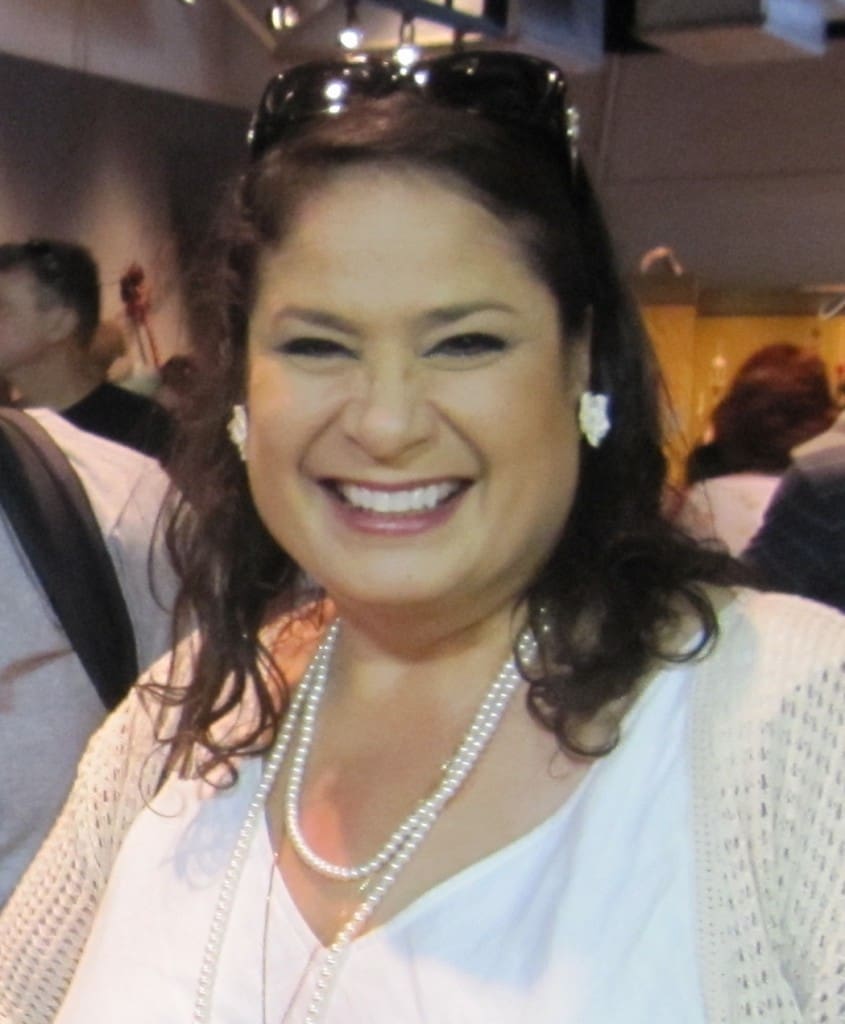 Vicki Tamoush is a second-generation Arab American who lives in Tustin, California. She holds a Bachelor’s degree in English from the University of California, Irvine and is founder of Interfaith Witnesses. Her first guest post on this blog was How Ramadan Made Me a Better Christian.
Vicki Tamoush is a second-generation Arab American who lives in Tustin, California. She holds a Bachelor’s degree in English from the University of California, Irvine and is founder of Interfaith Witnesses. Her first guest post on this blog was How Ramadan Made Me a Better Christian.

